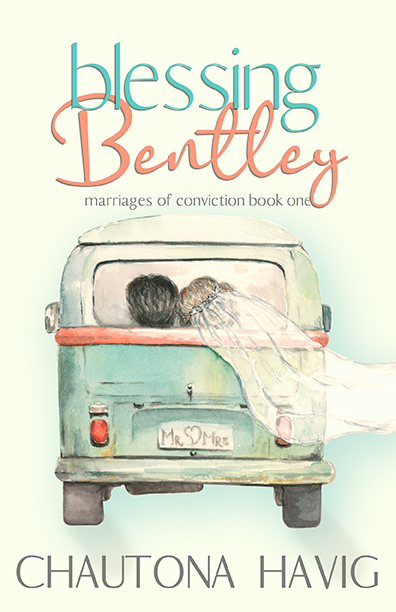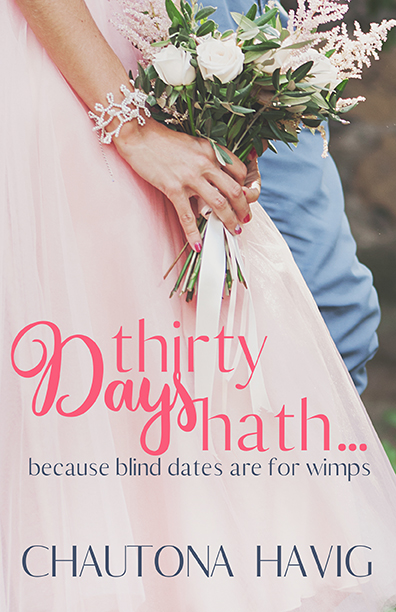Go to Avid Readers of Christian Fiction on Facebook in almost any given week, and you’ll find at least one request for a good marriage of convenience or mail-order bride story.
I feel like I should say, “I’m not exaggerating!” But I don’t have to because I suspect most people know it’s true. We’re intrigued—called in by the unusual. We want something other than boy meets girl, they fall in love, they fight, they reconcile, and they live happily-ever after.
Well, unless you’re talking about the old ballad my father used to sing to me when I was a girl. In that one, the ending went from, “They fight” to: he rides away, figures out he’s wrong, comes back, she’s dead.
Because everyone wants to read that story, I wrote it. As a novel. I just threw a little Shakespeare in it to strip out the Nicholas Sparks element there at the end. Because I can. Well, and because I’ve never forgiven him for Message in a Bottle, and I am not about to do that to my readers.
Still, there are these other stories… these… dare I call them weird? Yeah. I will. They are weird to our modern, western sensibilities (my apologies to those who don’t think they’re weird. In my experience, totally).
There are actually three types of “weird” happily-ever-afters.
Mail order brides. Let’s face it. We like to romanticize the practice. I mean, Sarah Plain and Tall, duh! But just how many Sarahs were there for all the others who arrived to face horrors they had no idea awaited them?
Arranged marriages have a strong, and in some cultures, continuing history. Oddly—or is it logically?—enough, these marriages have a higher success rate than our modern “pick-your-own” methods. I don’t know if that is because of a stronger commitment to the marriage regardless of the health of it or what, but it’s interesting.
And readers love it, too.
Finally, the marriages of convenience—the pioneer wife whose husband died on the wagon trail west who marries a man in a similar position… for survival. The sister of a woman who died leaving small children to raise. Two missionaries who both want to serve the Lord but are prevented because they’re single.
 I even have ideas for my own mail-order bride—a twist on them. There are three. Two nineteenth/early twentieth century ones and one twenty-first century one.
I even have ideas for my own mail-order bride—a twist on them. There are three. Two nineteenth/early twentieth century ones and one twenty-first century one.
Not only that, I have one for marriages of convenience. It’s more of a “marriage of conviction,” but the idea is the same. You’ll learn more about it in Blessing Bentley, coming out very soon.
And, I even have one that’s kinda-sorta an arranged marriage. Okay, not really. But Thirty Days Hath… has that undertone of an arranged marriage with those Rockland ministers working to find the right girl for one guy.
Another important thing to note is that these books have some of the most commented on storylines. People like books that are different, unusual, that break the norm. Even more, people like when the unexpected takes them into a whole new world of thinking.

Note: links may be affiliate links that provide me with a small commission at no extra expense to you.
Why Do Readers Love Weird Happily-Ever-Afters?
I’ve been thinking about this and one thought keeps coming to the surface. Maybe I’m wrong, but here we go. I contend that people like happily-ever-afters period. I mean, there is an entire genre dedicated to them. But the thing about mail-order brides, marriages of convenience, and arranged marriages is that they aren’t the same thing rehashed over and over. Well, they weren’t at first, anyway.
Then it happened. Someone wrote about an older woman who went west to be a mother to a boy with red hair and a little girl too old for her years—to be a wife to a man still grieving and deeply in love with the wife who left him for heaven. And in that book by Patricia MacLachlan, that mail-order bride, became one of the most beloved “mothers” in all of children’s literature.
I’m not saying she set off a new subgenre of Christian fiction after she wrote Sarah Plain and Tall, but Ms. MacLachlan did seem to inspire more of them, anyway.
Look, I don’t want to romanticize things that weren’t always so romantic, but I get it. I do. These sub-genres and tropes offer something different from what we see every day.
Readers love them because they aren’t what you’ve already read a thousand times. Except, isn’t it interesting that the moment a sub-genre or trope becomes popular, you suddenly have read it a thousand times?
Still, I think it’s something authors should pay attention to.
 Readers love their happily-ever-afters, and if those can offer something unexpected and unfamiliar but intriguing, those readers are more willing to suspend disbelief for a while to enjoy what they know they might otherwise have rejected.
Readers love their happily-ever-afters, and if those can offer something unexpected and unfamiliar but intriguing, those readers are more willing to suspend disbelief for a while to enjoy what they know they might otherwise have rejected.
I think that’s what happened with my Thirty Days Hath… It’s the story of Rebekah and Isaac in Genesis meets the modern dating show, The Bachelor. I mashed two of these “weird” happily-ever-afters into one story—arranged marriage and mail-order bride. And yet, it doesn’t fit either of those tropes.
Would most women be willing or even able to give up a month of their lives to move in with someone they don’t know (with a chaperone—the proprieties must be observed. Name that movie for bonus brownie points).
Still, I wanted to see what might happen if the church got involved in the matching of people—in the process of introducing two people who both wanted to be married. To have a family. And for whom those things just hadn’t happened yet.
It’s fun. It’s quirky. And well, let’s face it. I wrote it, so it has a few moments where you just shake your head. Still, I’m dying to go on that gift card date, and I’d really love to do the garden dinner maze. Of course, to find out what I am talking about, you’ll have to read Thirty Days Hath…
Meanwhile, before I go, tell me. Which of those three tropes is your favorite? Are you sick of them? Did you always love or hate them? What other weird happily-ever-after have you seen?


I’ve always liked stories that have a happy ending. There’s enough trouble in the world that I don’t want to read any
in my books.
I totally get that!
I think I like mail order bride stories the best. (My great grandmother was a mail order bride, by the way. She married a man who already had 7 children and 3 older step-children by his first wife. They had six children, one of which was my grandmother, before he died. The older half-siblings cared for the house and the farm; my great grandmother only had to have babies. She was a selfish woman who sent her four daughters to the orphanage in Jackson, MS, and kept the two boys. Of late, I’ve wondered about HER backstory.)
However, marriage of convenience made up the very first Christian novel I ever read (Love Comes Softly).
I cannot recall any stories about arranged marriage. I’m sure I’ve read a few, but I just don’t like the idea of it so it’s not as attractive to me.
Now THAT is a story!
Of the three, I prefer mail order bride. I will usually pick that over other books available to read.